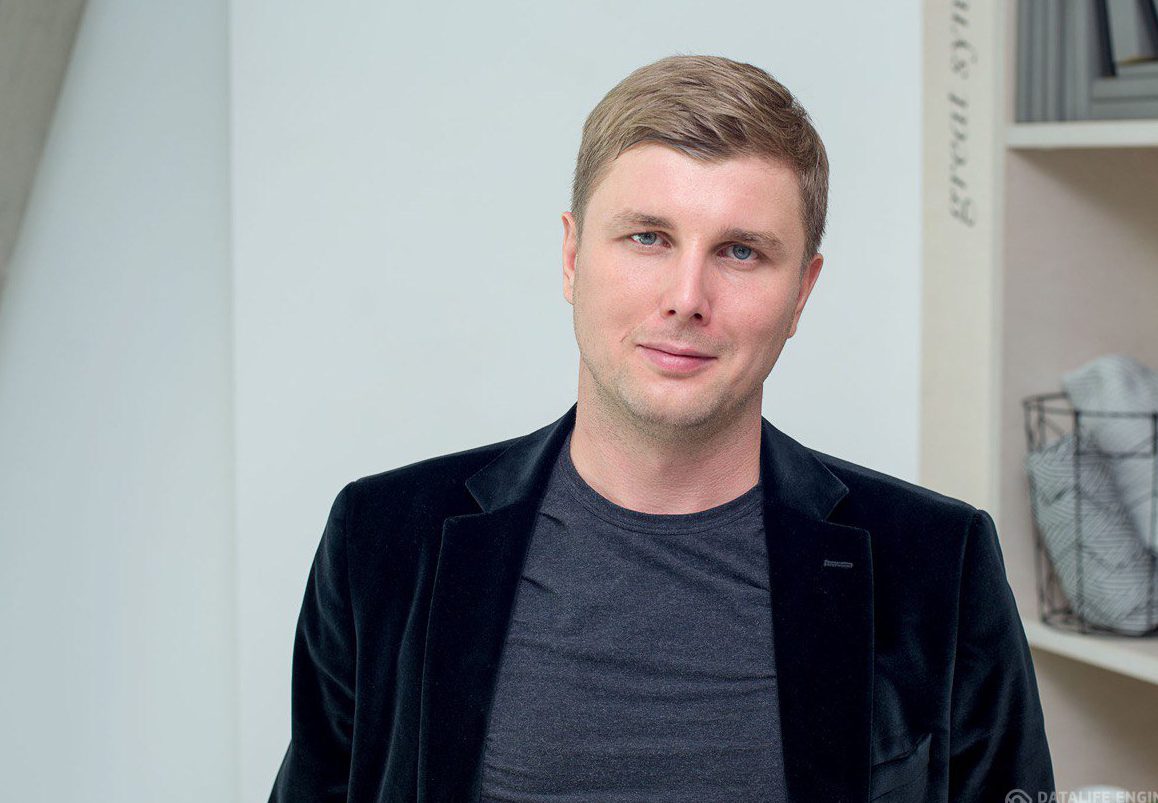San Francisco, California, United States - 08-25-2022 (PR Distribution™) - 
Even though new drugs, therapies, tools, and technologies are developed and introduced virtually every year, present-day medicine still has a lot of challenges and unseized opportunities.
New medications
Designing a new medicine is a time- and cost-consuming activity. Some compounds are approved and others get rejected, yet even those that made it through the selection and became drug candidates can eventually turn out to be ineffective.
Deep learning algorithms are capable of simplifying (to some extent) the process of searching for new drugs and increasing their efficiency. This approach puts specially trained neural networks in charge of finding the compound that can become the base of a new medication. Those networks can analyze a vast database of candidates to spot the perfect match.
A study involving GENTRL neural network is an outstanding example of the advantages offered by AI assistance. It took 21 days for the network to model potential inhibitors of DDR1, the protein implicated in fibrosis, and several other diseases. After that, some time was needed to synthesize the molecules. Overall, the inhibitors were fully prepared in 46 days, much faster than following the traditional approach.
Researchers believe AI will become the principal differentiator and are actively implementing it to help diagnose and find drugs for Alzheimer's. As new insights cast doubt on the amyloid hypothesis of its pathogenesis, we need to ensure diagnostic precision and find medications that will work. Besides, AI technologies can make this search faster and less cost-consuming, and we need to get efficient drugs here and now.
Another trend that has been gaining momentum in recent years involves using already available drugs for treating other nosologies than they were designed to target; in other words, they are being made "multipurpose".
This repurposing makes finding new therapeutic approaches faster and more cost-effective.
A cure for aging
As life expectancy continues to grow, the "aging as a disease" concept is becoming more and more popular. Many people are unwilling to accept age-related health deterioration and want to stay young.
Proponents of this idea, so-called biohackers, came up with the most unusual strategies, such as strict regulation of the sleep-wake cycle, diet adjustments, and taking meds that could help you live longer.
The tendency to use off-label drugs, already introduced to clinical practice, is also gaining momentum.
Health monitoring
The trend for health self-monitoring via wearable devices emerged a few years ago. Those devices include not only Holter monitors or BP meters but also fitness trackers, smartwatches, and even tattoos that can be used, for instance, to monitor blood glucose.
Some gadgets can send their data directly to the user's smartphone or the doctor's computer. What matters most is not the data itself but the potential results of its analysis. It is artificial intelligence that is capable of processing all the collected information, e.g., Apple's Health Kit. The data delivered by wearable devices can be analyzed and added to the patient's EHR in a convenient format.
A perfect AI, the one that can become a peer or at least a highly qualified assistant of human doctors, still needs to be developed and trained.
Complex diagnostics
Despite the success in multiple areas of medicine, diagnosing many diseases remains a pressing issue. This is where artificial intelligence can come to the rescue.
The technologies enabling better diagnostics of cancer are already being introduced to clinical practice. For instance, the application of neural networks for diagnosing melanomas has become commonplace. A 2018 comparative study demonstrated that an AI's diagnostic accuracy was 95%, while a highly qualified diagnostician managed to identify melanoma only in 90% of cases.
About the Author
Rustam Gilfanov, a business angel and a venture partner of the LongeVC investment fund.
Media Contacts:
Company Name: Blacklight agency
Full Name: Vlad
Phone: 74993403383
Email Address: Send Email
Website: https://blacklight.ru
For the original news story, please visit https://www.prdistribution.com/news/rustam-gilfanov-road-to-revolution-medical-discoveries-and-technologies-everyone-has-been-waiting-for/9263317.













